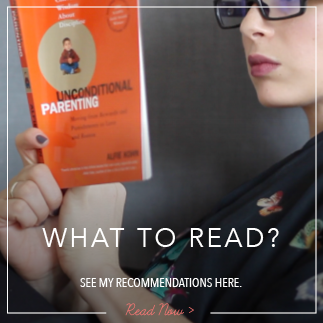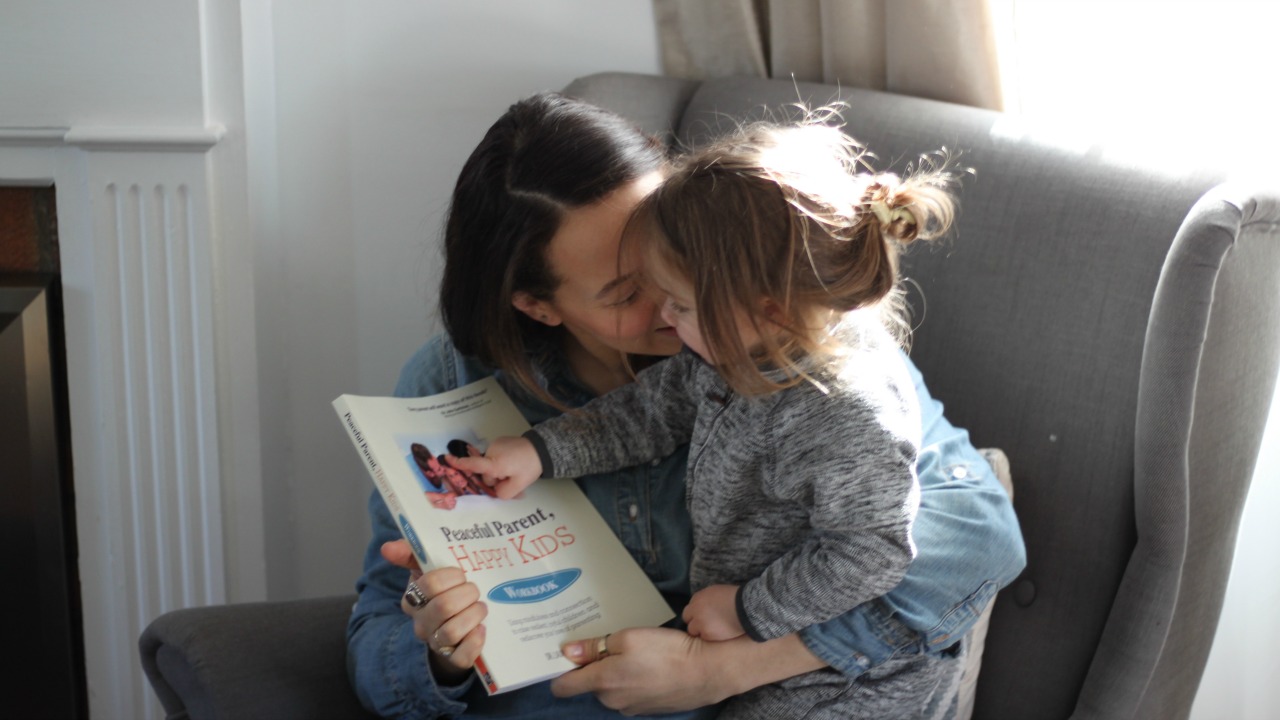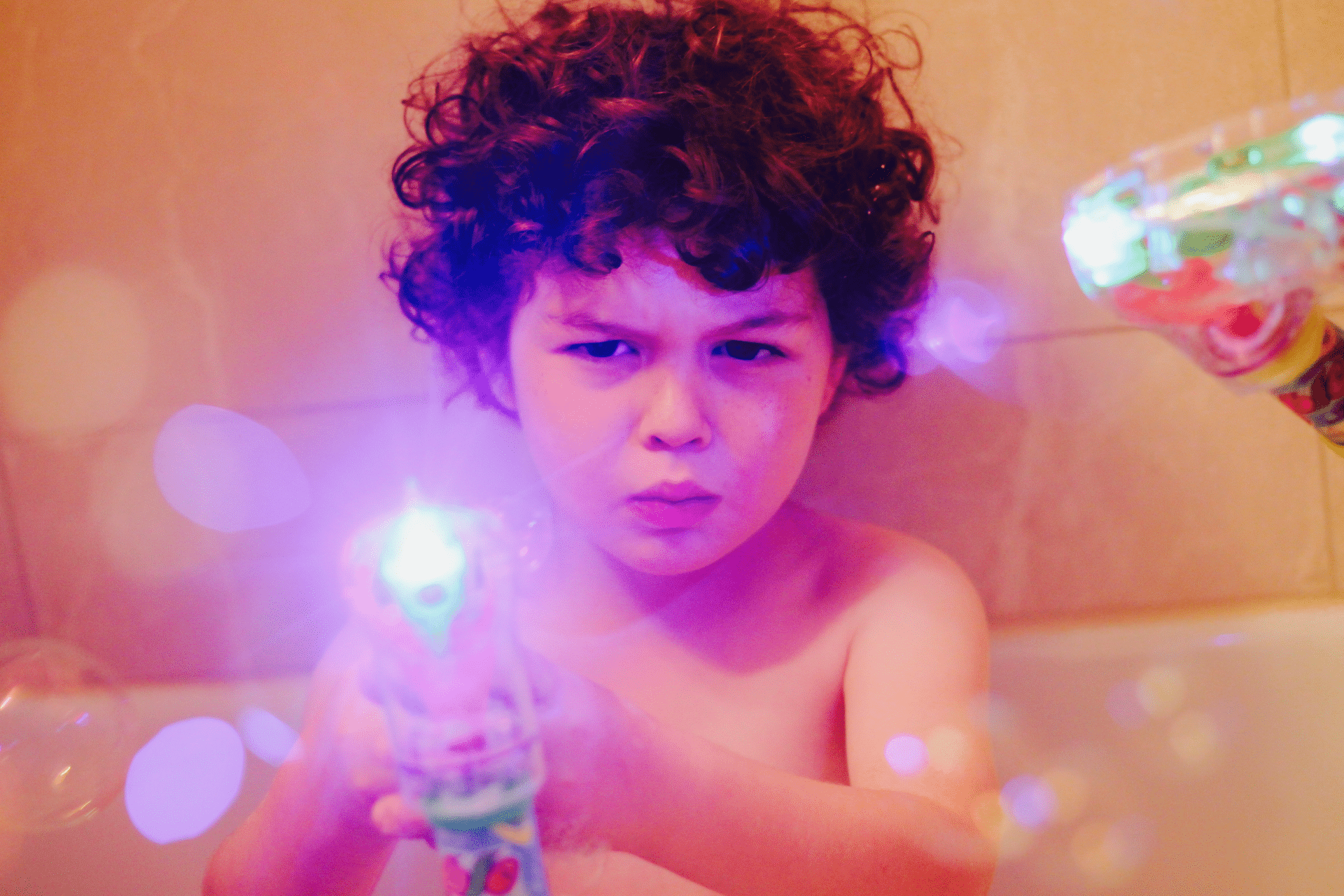How to Overcome Triggers
Perhaps the holy grail of peaceful parenting is striving towards mindfulness even in a triggered state. You know, when you’re about to e.x.p.l.o.de.
Every parent has a skeleton in their parenting closet: those times when we are totally TRIGGERED! Reactive, yelling, shaming, spanking: pick your poison. So how to address it head on when you’re being brought to your knees by your own demons? Recently I’ve been very triggered by my 3.5 y/o early waking (we’re talking 4am people, work with me here). For some reason I react terribly! Yelling, escorting him sharply back to bed and saying things like “How dare you?” (OMG, did that just come out of my mouth?!)Clearly, I had some work to do.
So, with the help of my Junkie’s Library, I devised a plan to make a change.
Notice: I’m not talking about how to get my son back to bed at 4am – although that is a deserving post in and of itself. I’m talking about how to help myself control my reaction. Because it’s my belief that nothing worth saying is worth yelling. And that we first have to regulate ourselves, and then connect with our child, before we can address a behavior.
So here are my 7 ways to begin dealing with my triggerish behavior, much of which has been inspired by Parenting From the Inside Out, by Daniel Siegel M.D. and Mary Hartzell M.Ed and from Simplicity Parenting.
TRIGGERED? What to do…
- Ask – why am I triggered?
If you’re taking things personally, responding disproportionately or reacting explosively to a situation – you’re probably not responding to what’s really happening in front of you.Instead, you may be evoking old, historical wounds from your deep autobiography. When you have a quiet moment sit in a meditation to decipher what it is that is triggering these reactions. Pay attention to sensations, visual images that may come up, words or thoughts – these are all clues to what it is that you’re “remembering”. - Rewrite the story
When you’ve uncovered the historical emotions or relationships that are currently provoking your extreme reaction – it’s time to face them head on. Journaling can be a great way of making sense of these events and processing them through your emotionally mature eyes.Dynamics that may have once caused great pain, anxiety or stress on your part – can now be re-understood. Rewriting the autobiography and giving deeper understanding to what occurred is a huge step in letting go of it and moving on. - Imagine change for the good
So now, how to actually make a change? It always must first begin with imaging how things might be different. Indulge in really picturing a different response on your part – how does your body feel? What does your tone of voice sound like? What words do you use? - Design one small doable change
The euphoric image you pictured is too much to start with and it will overwhelm you to try to tackle it all at once. Instead begin by designing one small doable change. What can you realistically do differently next time? Focus on one thing only. - Invite in (self) compassion
Now’s the time to let go of shame and guilt – they do not serve you or your child. If you are living under an internal tyrant who’s berating your bad parenting choices – now is the time to over-throw him. Invite in self compassion and empathy – remind yourself that everyone has challenged and that these are the perfect learning and growth opportunities. Treat yourself as you would your child, had they made a mistake. Gently, and with love. And inevitably these are the energies you will extend to your child as well. - Apologize to your child
Having a mommy-tantrum is the perfect opportunity to teach your child the art of the well formed apology Make it sincere clear and direct. Take full responsibility and make it clear that you are taking active steps to change your behavior in the future. Something like: “I am so sorry I yelled at you like that yesterday when you spilled the paint, I was really overreacting and I’m sure I made you feel horrible. It’s hard for me to handle mess on our wooden floors. Still, it’s never OK for me to yell. I am going to work at remaining calm and talking in a more constructive way in the future.” (adjust for age-appropriateness). - Understand Childhood Development
It’s important to know what is reasonable and appropriate to expect from your child at any given stage and age. Being armed with this information helps you to adjust your own expectations and prepare for behaviors that might be trigger-inducing to you (3 year old sleep regression, anyone?).Have you overcome any of your classic triggers? Do you feel like there are some skeletons you’re ready to face now?















Very helpful topics